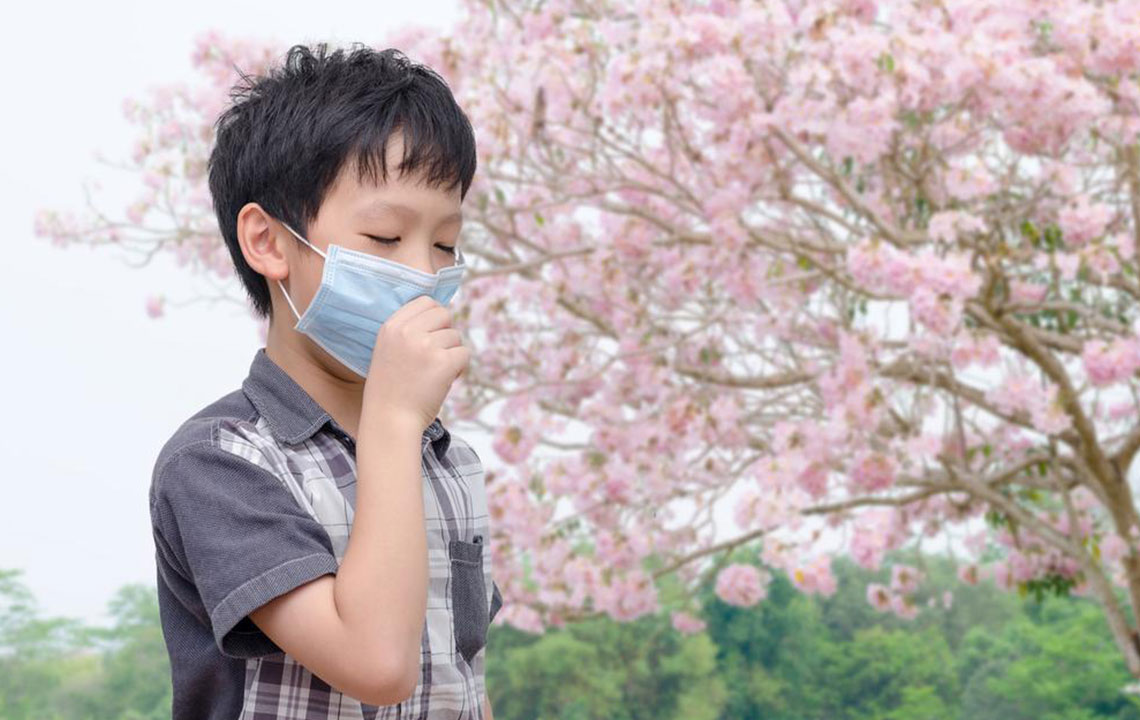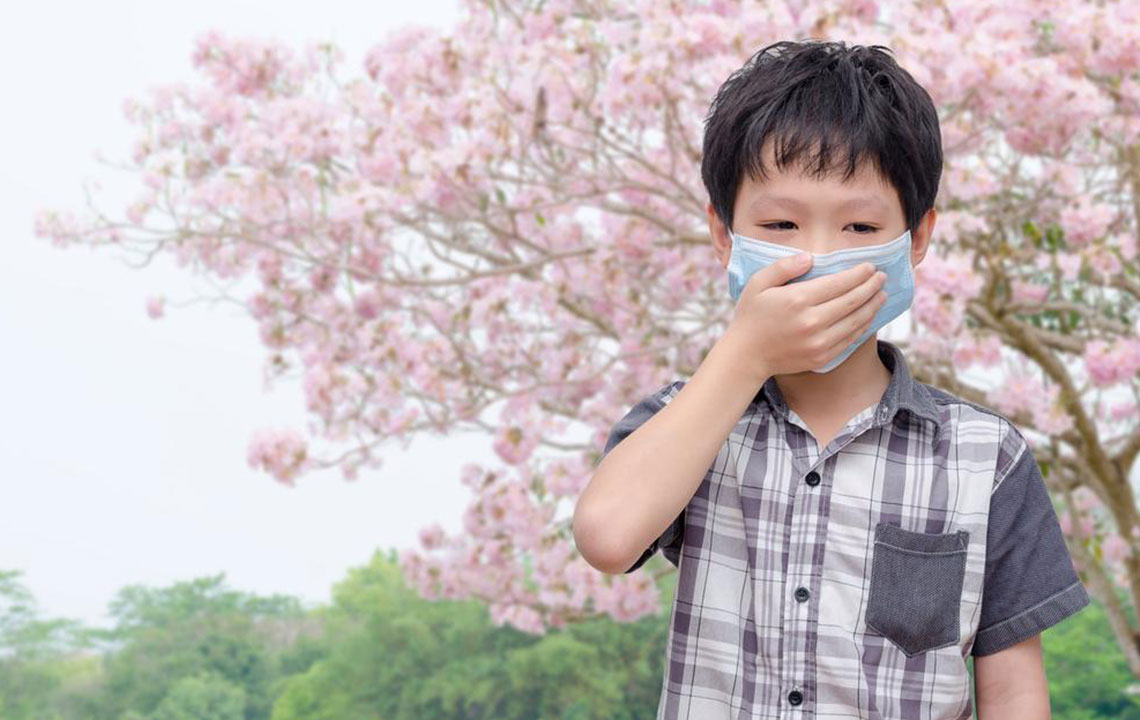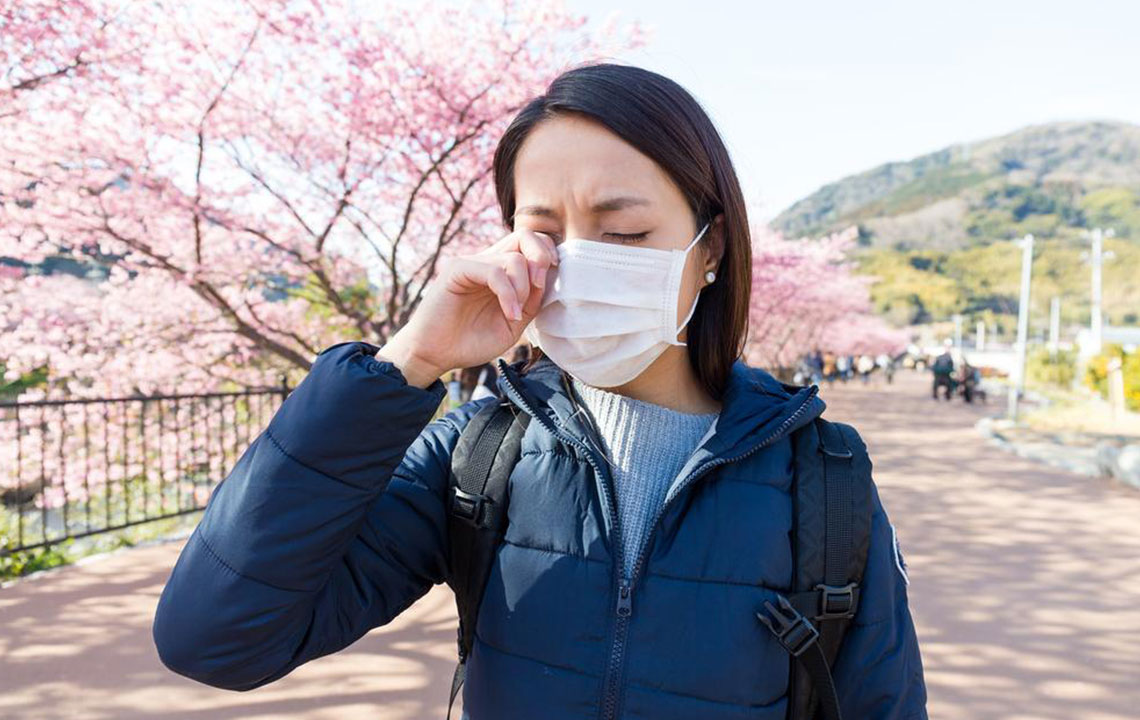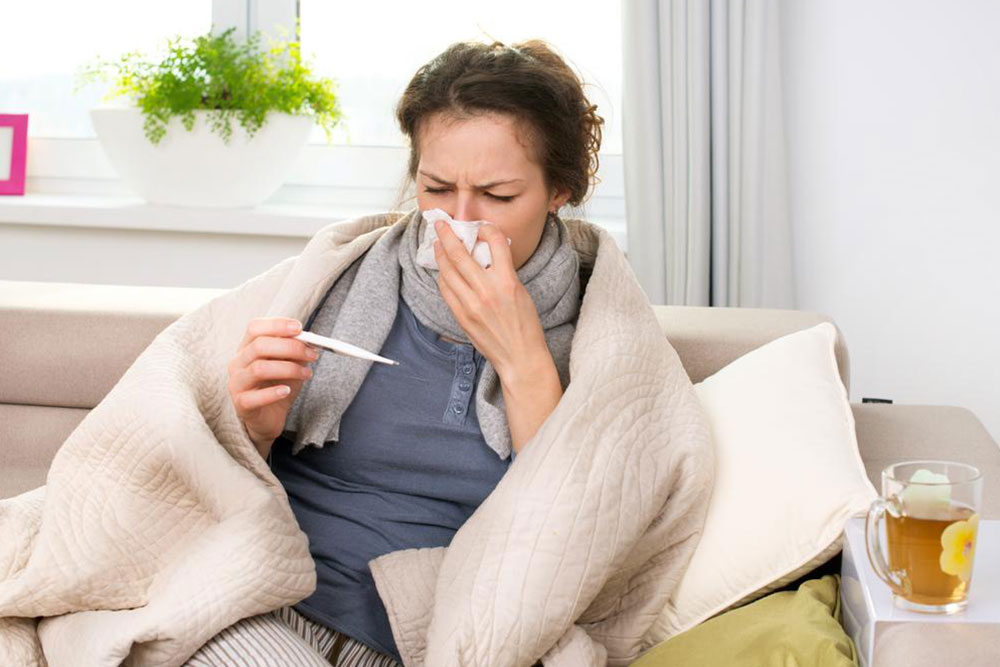Understanding Allergic Conjunctivitis: Causes and Prevention Tips
Learn about the common causes of watery eyes due to allergies and discover effective prevention strategies. This guide covers seasonal and perennial allergens, symptoms, and when to seek medical advice. Practical tips like wearing protective eyewear, maintaining cleanliness, and avoiding common triggers can help manage allergy-related eye watering. Consult healthcare professionals for persistent issues and explore treatment options such as antihistamines or immunotherapy for long-term relief.
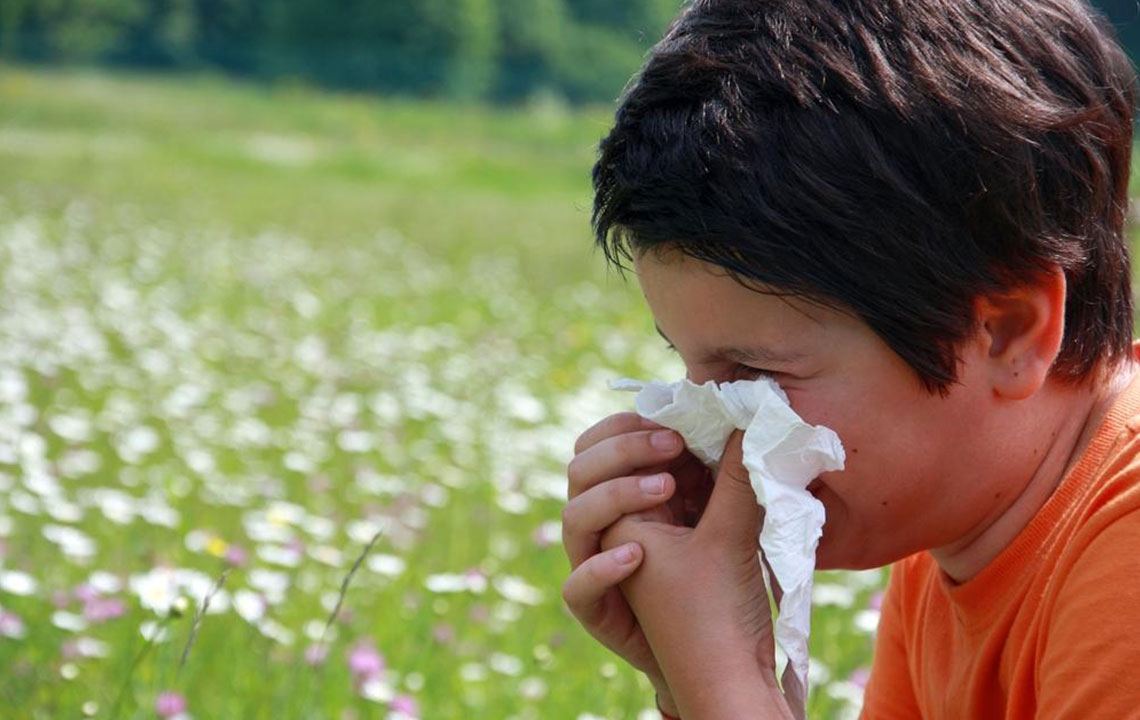
Understanding Allergic Conjunctivitis: Causes and Prevention Tips
Eyes are highly sensitive organs that often react quickly to allergens. Typical symptoms include burning, redness, and excessive tearing. Allergies are usually temporary and can be avoided by staying away from triggers. Home remedies can provide relief, but persistent symptoms should prompt a visit to the doctor. Watery eyes from allergies often occur due to immune responses to allergens like pollen or dust, especially during seasonal changes.
These are known as seasonal allergies, such as pollen in autumn. Permanent allergens like pet dander or dust can cause year-round reactions, termed perennial allergies. His response includes tearing as a protective or cleansing measure. Since eyes connect to the nasal cavity, nasal allergies often lead to watery eyes, triggered by viruses, pollen, or other irritants.

Conditions like hay fever, conjunctivitis, cold, flu, and sinusitis can all cause watery eyes. Hay fever, triggered by dust or pollen, often results in sneezing, runny nose, and watery eyes. Conjunctivitis, or pink eye, involves inflammation of the eye's outer layer and leads to redness and tearing. The common cold and influenza can cause watery eyes alongside other symptoms such as sore throat and fever. Sinusitis, inflamed sinuses often due to pollution, can extend symptoms over longer periods. Food allergies to items like wheat, milk, or rice may also cause watery eyes. To prevent or reduce allergy impacts, it's important to avoid allergens:
Wear protective eyewear: Use glasses or goggles outdoors to shield your eyes from pollen and dust.
Avoid pet exposure: If allergic, steer clear of contact with pets to prevent dander-related reactions.
Keep windows closed: Reduce indoor allergens by sealing windows and using mesh screens on doors.
Use dehumidifiers: Maintain ideal humidity levels to inhibit mold and dust mite growth indoors.
Regular cleaning: Wash clothes, bedding, curtains, and pillows frequently to eliminate allergens.
If you suspect medication side effects or if symptoms persist, consult a healthcare professional. Rinsing eyes with cold water can offer temporary relief. For ongoing issues, antihistamines or corticosteroids may be prescribed, though watch for drowsiness. Alternative treatments like homeopathy, acupuncture, and allergen immunotherapy can also be considered. Always carry nasal sprays for quick relief and avoid contact with grasses or weeds that may trigger allergies.

